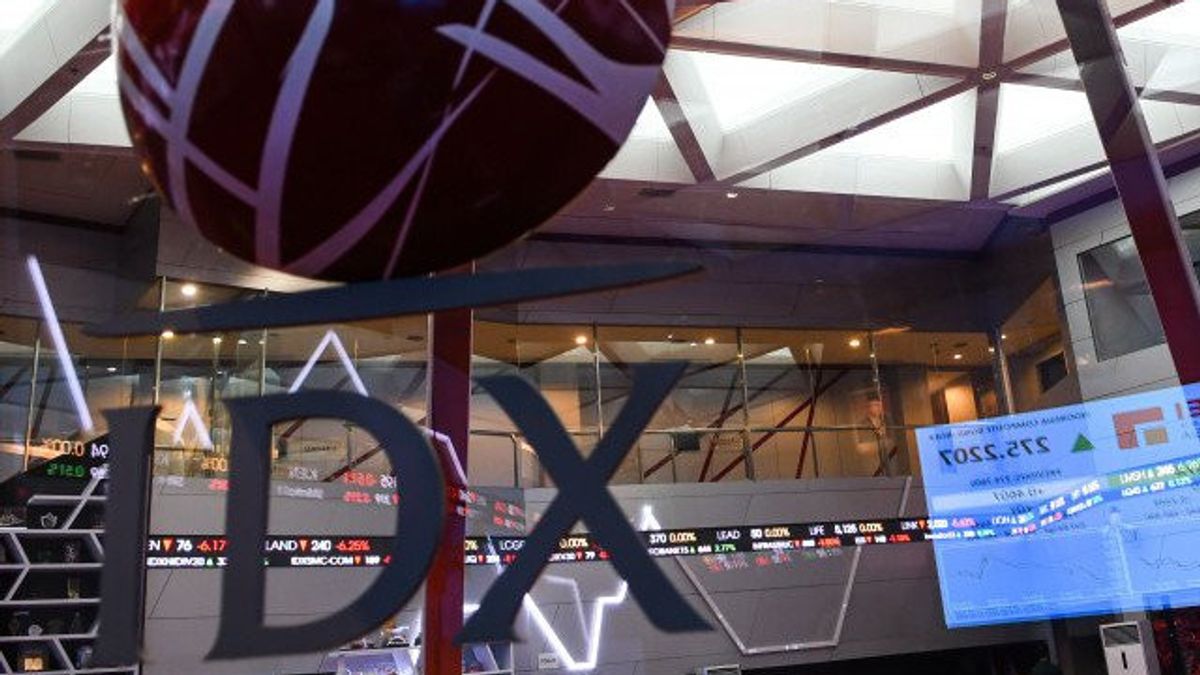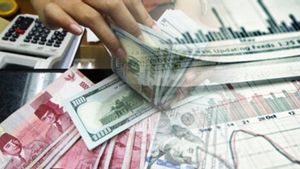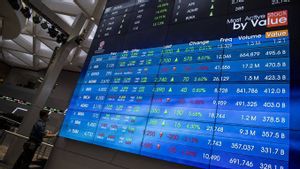JAKARTA - It is believed that the regulatory adjustments made by the Financial Services Authority (OJK) and the Indonesia Stock Exchange (BEI) will encourage more start-up companies with a valuation of more than USD 1 billion, aka unicorns, to release their shares to the public.
The rule in question is the rule of Shares with Multiple Voting Rights (SHSM), followed by the IDX which makes adjustments to the Exchange Rule No. IA concerning Listing of Shares and Equity Securities.
IDX Director of Corporate Valuation I Gede Nyoman Yetna said the aim of the initiative was to provide a wide doorway for companies from the new economy sector to be listed on the stock exchange.
"We are making adjustments to the Share Listing Regulation No. IA. We are aware that there are changes and developments in the business model, which is categorized as a new economy," Nyoman said as quoted by Antara, Monday, February 7.
VOIR éGALEMENT:
Nyoman said that currently, the company's projection from the new economy sector to enliven the Indonesian capital market is quite high.
Indonesia is currently the producer of companies with the most unicorn valuations in ASEAN, with 9 out of 15 unicorns from Indonesia.
Meanwhile, there are no less than 37 centaurs, startup companies with a valuation of between USD 100 million and USD 1 billion or 38 percent of the number of centaurs in Southeast Asia come from Indonesia.
"We have met about 50 unicorns and centaurs in Indonesia, 15 of whom have stated plans to go public. Of course, this is an exciting thing for us," said Nyoman.
Furthermore, Nyoman explained that through Regulation No. IA the Exchange introduced a dynamic board transfer mechanism, by accommodating promotions and demotions, providing special notations for companies with certain characteristics, as well as adjusting the definition of free float by looking at how global exchanges were implemented.
"The purpose of adjusting the Exchange Regulation No. IA is, among other things, to maintain our competitiveness after benchmarking with global exchanges, as well as confirming the discrepancy of requirements between listing boards that have not been significantly differentiated," said Nyoman.
With the adjustment of these regulations, Nyoman hopes that IDX can be more competitive with global exchanges, by increasing the number of listed companies while still paying attention to the quality of listed companies.
"The benefits of this regulatory change can also increase the protection of public investors and increase stock liquidity on the IDX," concluded Nyoman.
The English, Chinese, Japanese, Arabic, and French versions are automatically generated by the AI. So there may still be inaccuracies in translating, please always see Indonesian as our main language. (system supported by DigitalSiber.id)
















